Just how secure does Vladimir Putin feel? Likely much less over the last six months, and the Russian authoritarian’s paranoia had already progressed significantly. In mid-October, a high-ranking member of Putin’s security service defected to the West, taking with him his family — and lots of data on a man who literally and figuratively has retreated into a bunker.
The Associated Press reported this morning on Gleb Karakulov’s flight from Russia, as well as his warnings about Putin to his countrymen:
Karakulov was an officer in President Vladimir Putin’s secretive elite personal security service — one of the few Russians to flee and go public who have rank, as well as knowledge of intimate details of Putin’s life and potentially classified information.
Karakulov, who was responsible for secure communications, said moral opposition to Russia’s invasion of Ukraine and his fear of dying there drove him to speak out, despite the risks to himself and his family. He said he hoped to inspire other Russians to speak out also.
“Our president has become a war criminal,” he said. “It is time to end this war and stop being silent.”
Everyone kept this quiet long enough, eh? Clearly, the West would take an interest in any defector of rank within Russia’s security services. A defection from the tsar’s personal security system would be golden, especially one who set up and controlled “secure communications” for Putin in wartime. And NATO grasped his value immediately, according to an intelligence source that the AP rinses as much as possible:
While not speaking directly about his case, an official with a security background from a NATO country said a defection like Karakulov’s “has a very great level of interest.” He spoke on condition of anonymity to discuss sensitive political matters.
“That would be seen as a very serious blow to the president himself because he is extremely keen on his security, and his security is compromised,” he said. “That’s something that he would be very unhappy about — particularly if the compromise is to do with communications, upon which a great deal relies.”
True, but the information was likely out of date as soon as the Russians realized Karakulov was out of Russia. Undoubtedly they spent a lot of money and time, but they would have reconstructed secure communications to keep Karakulov from allowing NATO to penetrate comms based on his extensive knowledge of the previous system. Presumably the Russians have completed that task, and presumably that’s why the West is allowing Karakulov to tell his story publicly now — because the Russians have already mooted his intel on comms.
That doesn’t mean that Karakulov’s value is spent. He may be more valuable now as a public voice and expert on Putin than as a covert asset. Karakulov wants to penetrate the state-media apparatus to tell his fellow Russians the truth about Putin, which is that he’s “simply afraid” and trying to save his own skin:
Putin began traveling by special armored train regularly in the build-up to Russia’s February 2022 invasion of Ukraine, he said. Putin’s train looks like any other, painted gray with a red stripe to blend in with other railway carriages in Russia. Putin didn’t like the fact that airplanes can be tracked, preferring the stealth of a nondescript train car, Karakulov said.
“I understand that he’s simply afraid,” he said.
Putin has set up identical offices in multiple locations, with matching details down to the desk and wall hangings, and official reports sometimes say he’s one place when he is actually in another, according to Karakulov and prior reporting by a Russian media outlet.
While many politicians sometimes fall into a “bunker mentality” in times of stress, Putin has literally built bunkers out of fear. The identical office scheme is of a piece with the trains — a way to fool people about his specific location at any one time. And that makes sense for a man in Putin’s position — as long as we understand precisely what that position actually is. Would someone as popular as state media insists have to go through these convolutions to stay alive deep in the heart of his own country?
On the other hand, Karakulov says the West has one thing wrong about Putin — his health:
Karakulov said he has taken more than 180 trips with the Russian president, and contrary to widespread speculation, Putin appears to be in good health. Putin has only canceled a few trips due to illness and has annual medical checkups, he said. It was Karakulov’s job to set up secure communications at the hospital when Putin checked in.
The public revelation of the defection comes at a bad time for Putin, good health or otherwise. His forces are bogged down and getting shredded in eastern Ukraine, which was supposed to be a walkover a year ago given local ethnic-militia assistance. Furthermore, ISW notes that the economic consequences of Putin’s invasion are beginning to be felt in Russia and are becoming a political problem — enough so that Putin’s looking for scapegoats here as well:
The Kremlin continued efforts to (falsely) reassure the Russian public that the war in Ukraine will not have significant long-term economic consequences. Russian President Vladimir Putin visited the Tula Railway Engineering Plant and attempted to address workers’ economic concerns on April 4.[15] Putin later held a State Council Presidium meeting to discuss developing Russian industry in the face of sanctions pressure, during which he claimed that sanctions are having positive outcomes by forcing Russian firms to embrace import substitution, an argument the Kremlin has made sporadically since the 2014 annexation of Crimea.[16] Putin suggested in both meetings that Russian industry as a whole will be able to grow like the Russian agricultural sector did following the imposition of Western sanctions in 2014.[17] Putin has previously relied on the example of post-2014 Russian agricultural growth to assuage Russians of their economic anxieties but has yet to offer concrete proposals for how Russian industry would increase domestic production in a similar way.[18] ISW previously assessed that the Kremlin will likely struggle to reassure Russians about their economic concerns while also setting informational conditions for a protracted war in Ukraine and mobilizing a wider portion of Russia’s defense industrial base (DIB).[19]
The Kremlin is likely trying to shift responsibility for expanding Russian industry onto regional bodies to insulate itself from possible criticism about Russia’s deteriorating economic situation. Putin emphasized the need for regionally based industrial development funds to assume a greater role in supporting Russian industry and stated that the Russian government should consider refinancing regional funds for these efforts, including from federal reserve funds.[20] Russian Finance Minister Anton Siluanov also attempted to reassure the Russian public on April 3 by stating that there will be no problems financing budget obligations and that reserves will cover falling oil and gas revenues for the federal budget.[21] Siluanov stated that Russian officials are unlikely to replenish reserves in the National Welfare Fund in 2023.[22] A growing Russian overreliance on funding through reserves could lead to further economic instability.
Those bunkers are designed to come in handy in case of a popular revolt as well as a Hail Mary-esque assassination attempt by Ukraine. They may turn into good investments for Putin’s health after all.
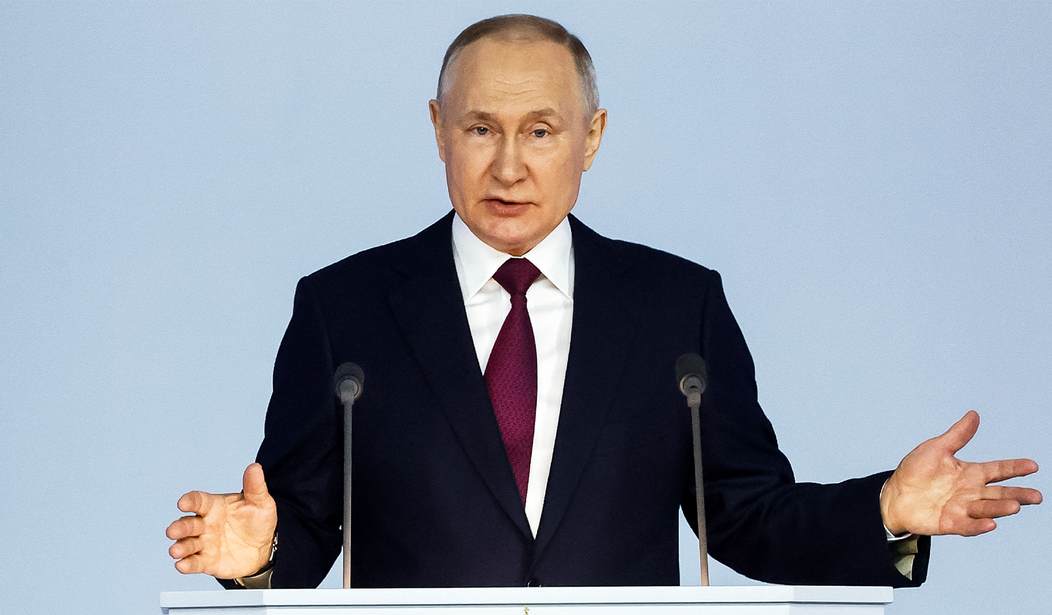
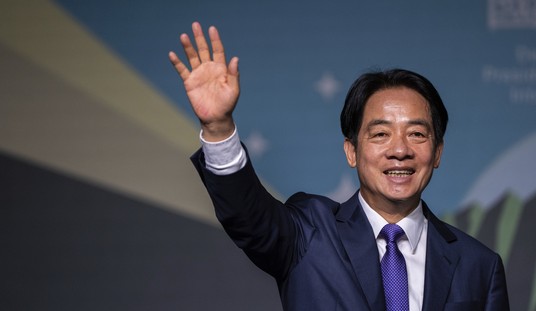
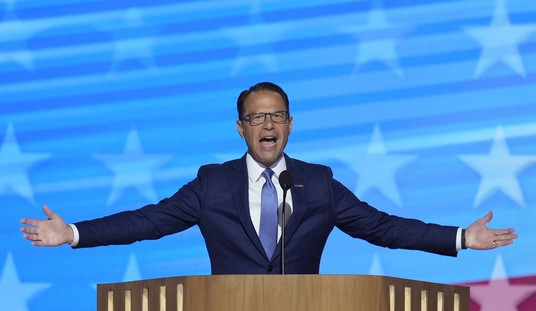

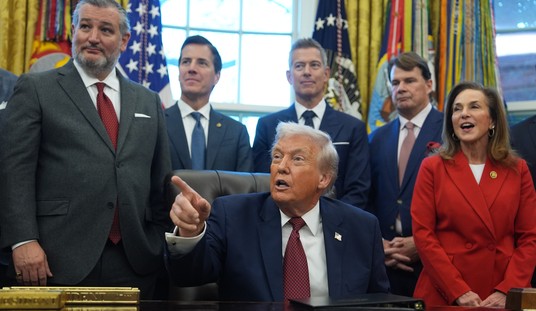
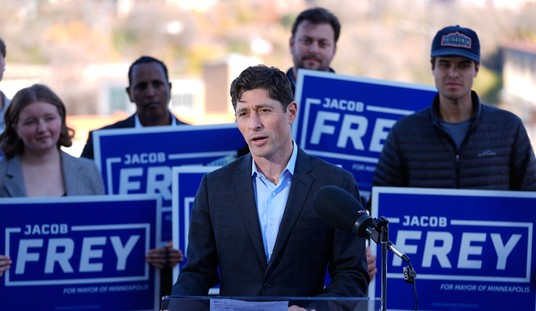
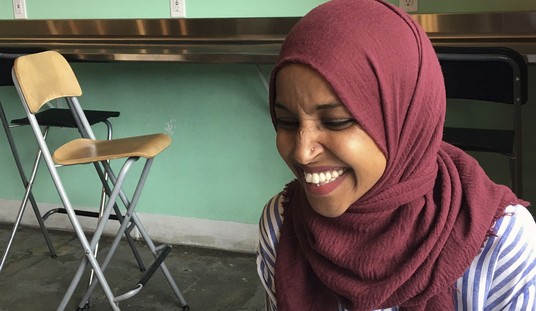
Join the conversation as a VIP Member